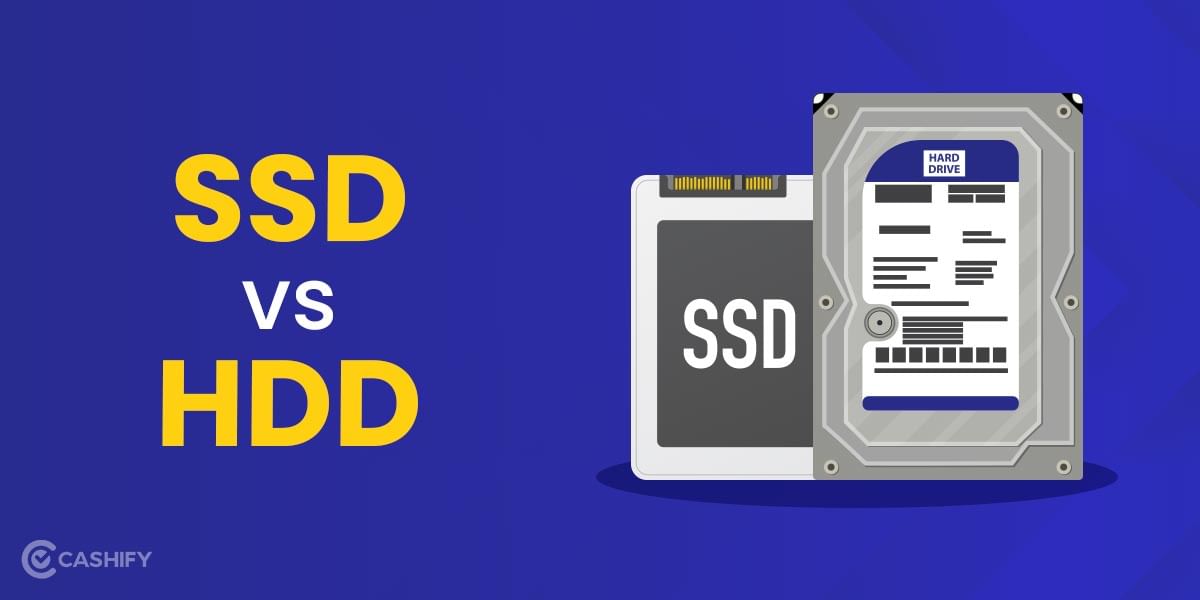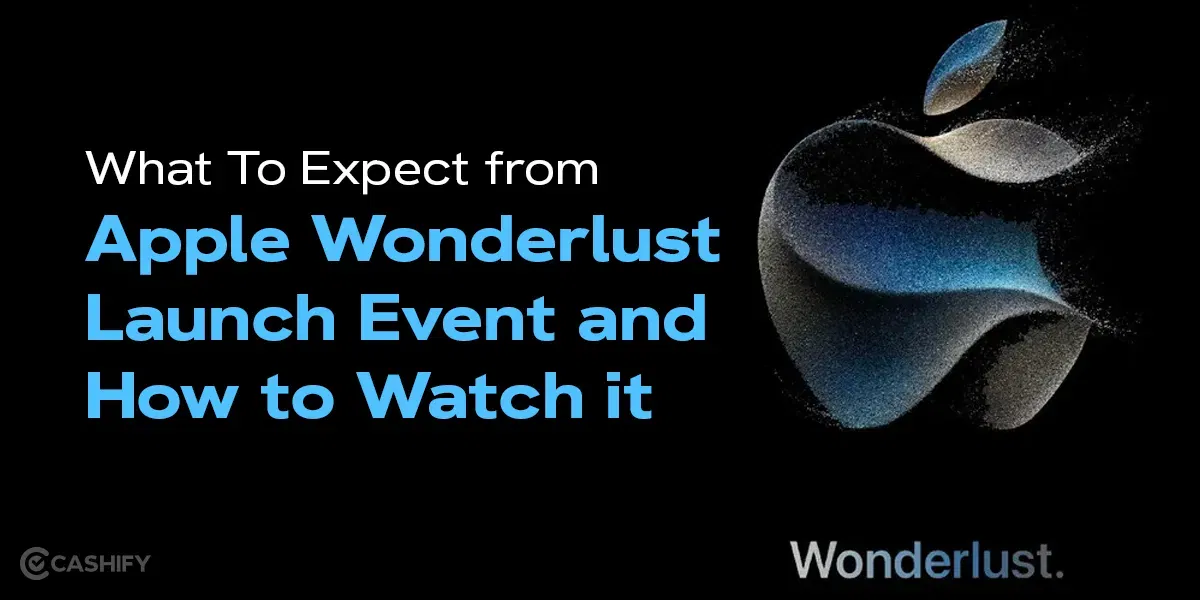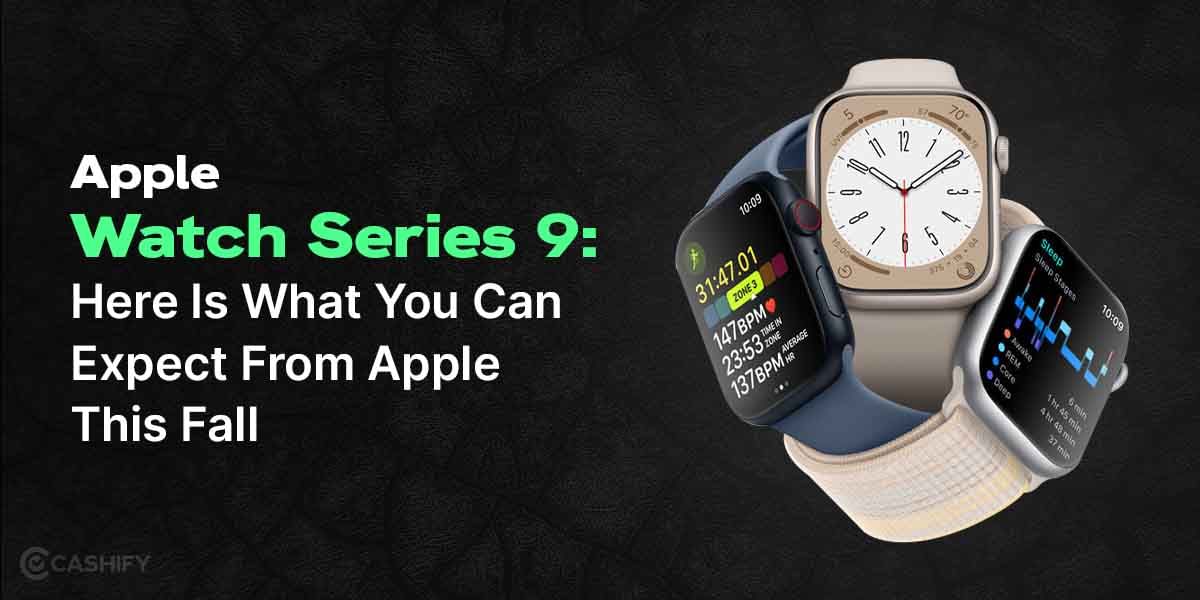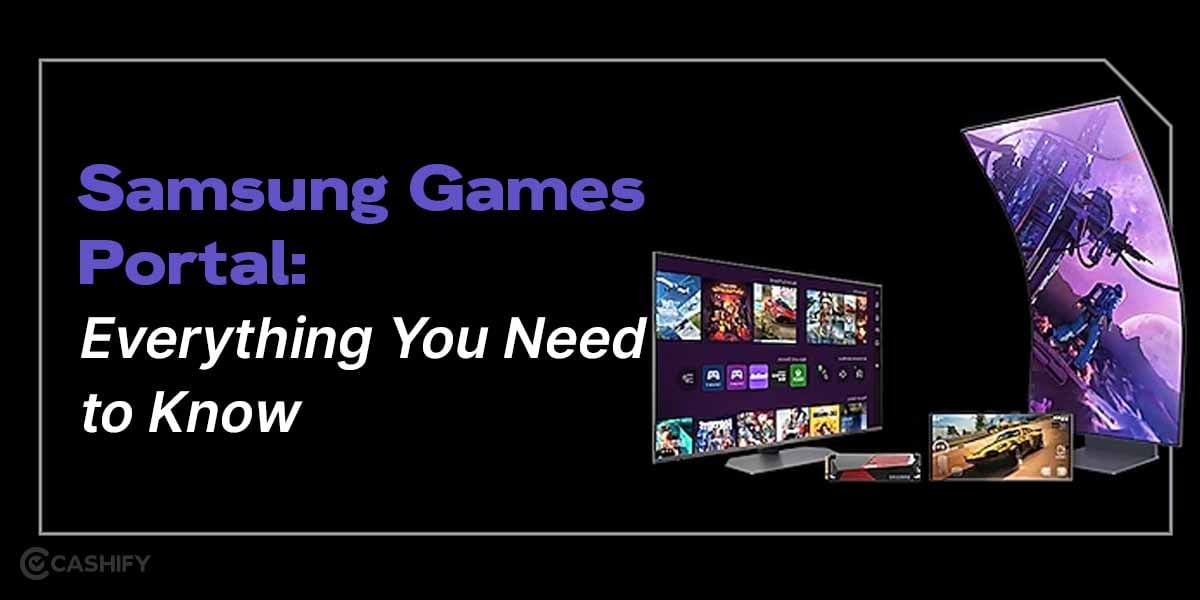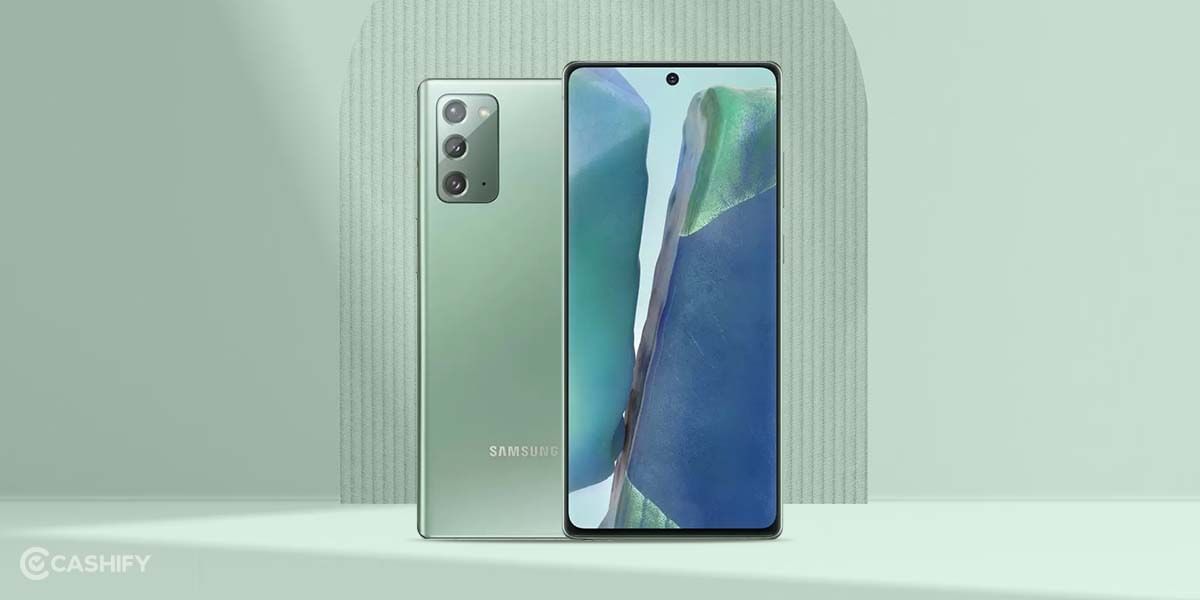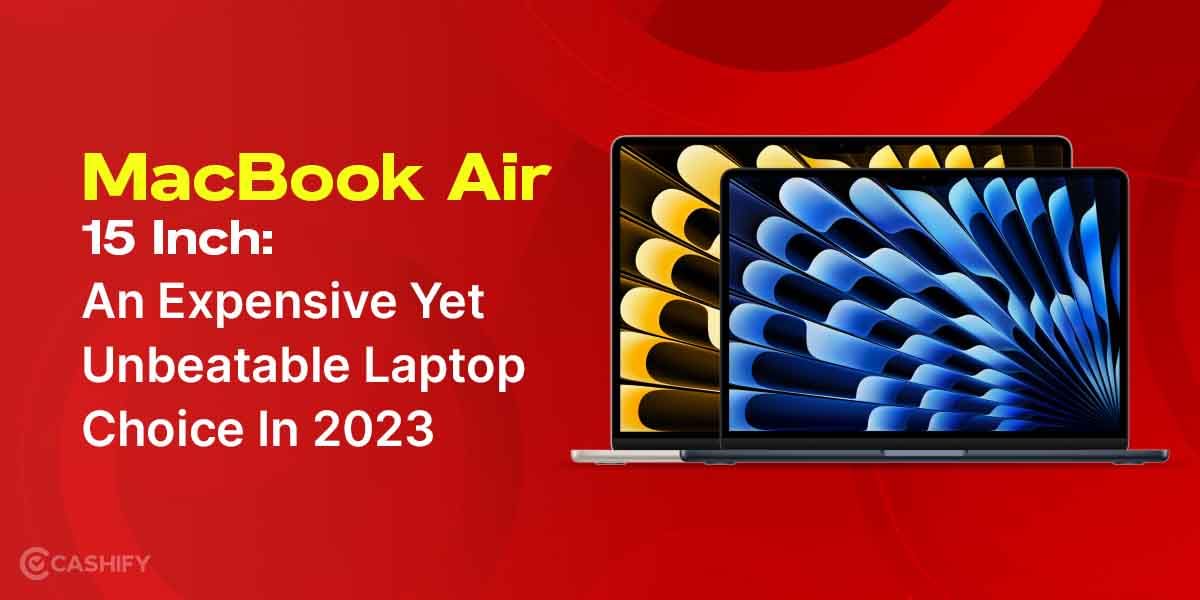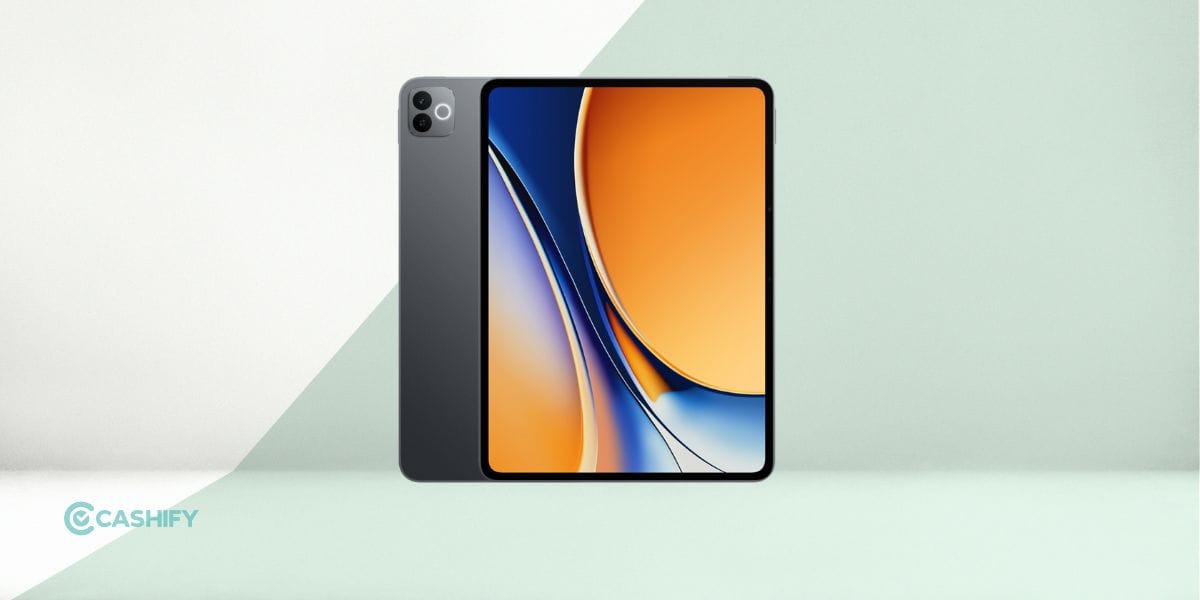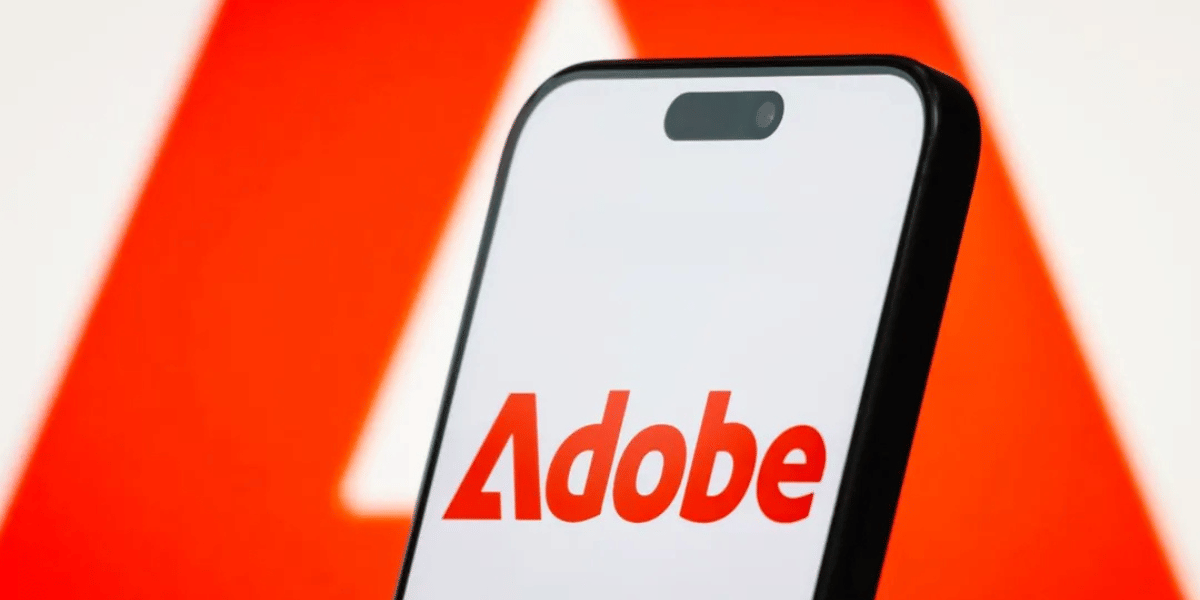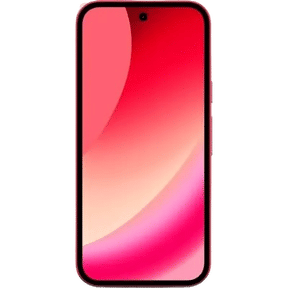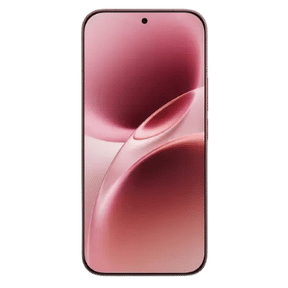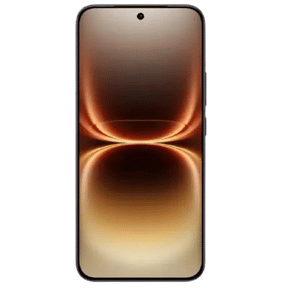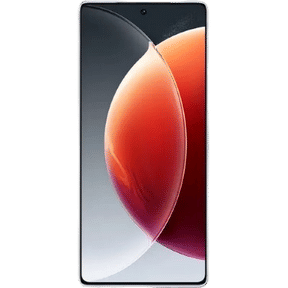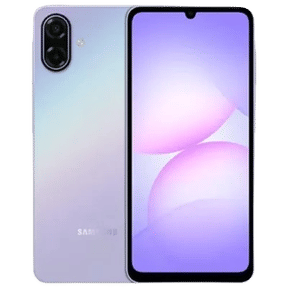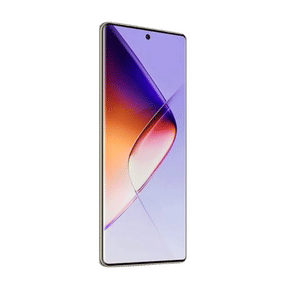The battle between AMD vs Nvidia is long going and it is unlikely that an ultimate winner will be there. Both companies manufacture best in class GPUs and there is no single player that owns the market. The best thing about the rivalry between the two companies is that consumers can reap its benefits. AMD keeps pushing itself to develop more and more powerful GPUs than Nvidia. While Nvidia keeps finding new and innovative features along with lowering its price tag for consumers to provide them with the best. With both of these manufacturers competing with each other, the graphic cards from both of these get more and more powerful and cheaper every year.
For now, in terms of market share, Nvidia is winning the battle but only with a minimal margin. On the other hand, AMD is still ahead in terms of pricing but not as much as before. So if you’re looking for one particular manufacturer in the GPU market then it’ll be hard for you to select one. Ultimately it all boils down to your own preferences and needs as to which graphics card satisfies that.
Also Read: Guide To Buy the Right Graphics Card For PC
AMD vs Nvidia: Who Manufacturers The Best Graphic Card?
Both of these companies have their own strengths and weaknesses so we are putting both manufacturers together side-by-side to see which one has an edge over the other in terms of performance pricing and features.
Also read: How To Sell Old Gaming Console And Get Best Buyback Value?
AMD vs Nvidia: Performance
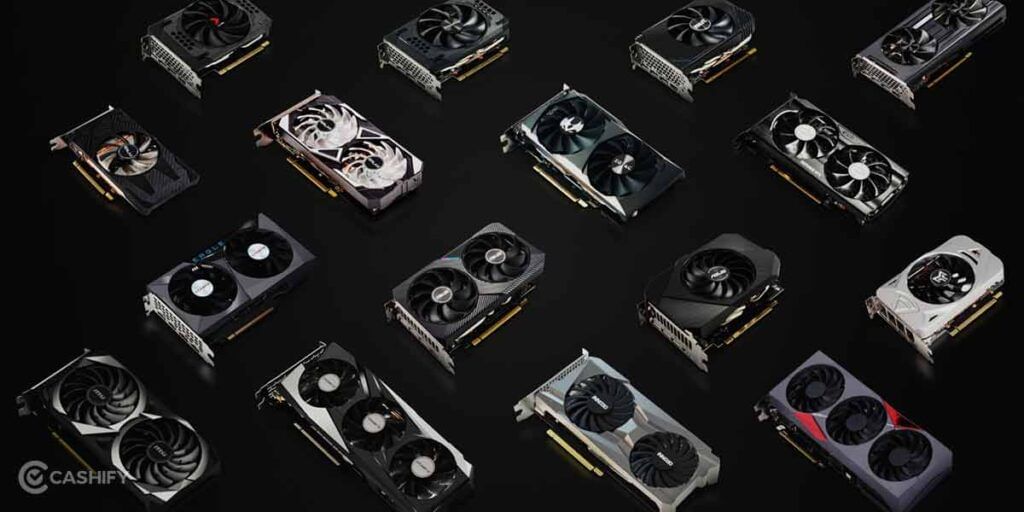
While AMD may not be the Nvidia killer as it was first rumoured to be; there are a few of the cards from the company that are certainly giving Nvidia some stiff competition. The beefier RTX 3090 is the highest-end offering from Nvidia while the mid-range RTX 3070 barely pushes to 4K resolution. On the other hand, the AMD RX 6900 XT is the direct competitor to RTX 3090 and is the best that AMD has to offer. While the RX 6800 and RX 6800 XT are the mid-range offerings from AMD.
If you want to play games at 1440p resolution without making any kind of compromise then both Nvidia and AMD have great options with their mid-range cards i.e RX 6700 XT and Nvidia GeForce RTX 3070 Ti. Here in the table below we have provided the performance of some of the games played on these cards. Both the cards are good enough for 1440p gaming experience and are mid-range cards.
| Benchmarks | Nvidia RTX 3070 Ti | AMD Radeon RX 6700 XT |
| 3DMark Time Spy (GPU Score) | 13,893 | 11,726 |
| 3DMark Fire Strike (DirectX 11 benchmark) | 26,516 | 26,830 |
| Gaming Performance Test | Nvidia RTX 3070 Ti | AMD Radeon RX 6700 XT |
| Assassin’s Creed Valhalla | 50 fps | 42 fps |
| Battlefield V | 80 fps | 69 fps |
| Fortnite | 70 fps | 58 fps |
| Civilization VI | 139 fps | 115 fps |
When it comes to gaming you, the RTX 3090 is the best that Nvidia has to offer. But the best value for money card is the RTX 3080 and you should not spend extra and get the RTX 3080 Ti because it just provides a 9% better advantage above RTX 3080; and that too with a significant price difference. So if you talk about AMD then the RX 6900 XT and RTX 3090 from Nvidia are the best possible graphics cards that will provide you top-level performance in gaming.
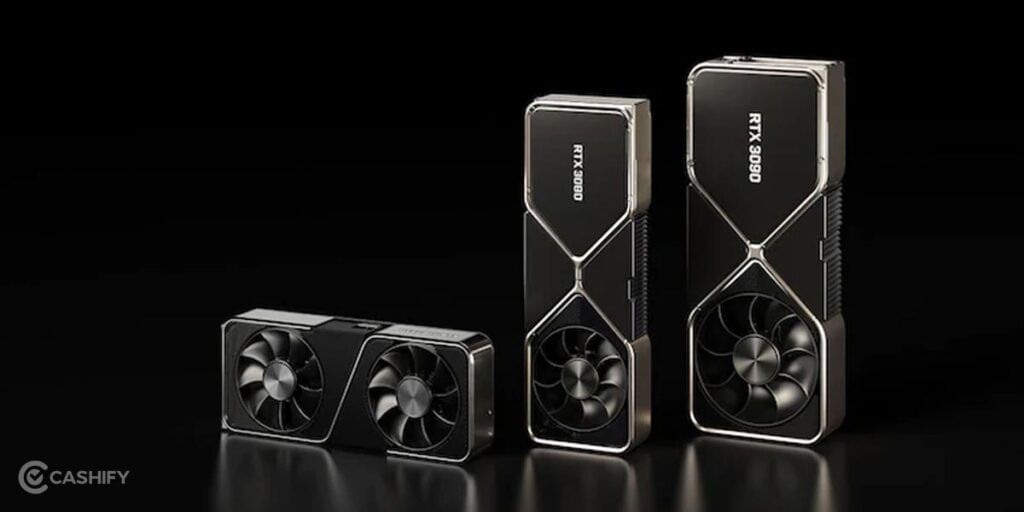
| Benchmarks | Nvidia RTX 3080 Ti | Nvidia RTX 3080 | AMD RX 6900 XT |
| 3DMark Time Spy (GPU Score) | 17,634 | 16,108 | 17,340 |
| 3DMark Fire Strike (DirectX 11 benchmark) | 30,951 | 28,460 | 38,911 |
| Gaming Performance | Nvidia RTX 3080 Ti | Nvidia RTX 3080 | AMD RX 6900 XT |
| Assassin’s Creed Valhalla | 56 fps | 52 fps | 69 fps |
| Battlefield V | 104 fps | 100 fps | 106 fps |
| Fortnite | 95 fps | 93 fps | 99 fps |
| Civilization VI | 177 fps | 158 fps | 184 fps |
If you compare the RTX 3080 with the RTX 3080 Ti then they are both almost identical in terms of performance, but the pricing does not justify the extra performance. While the AMX RX 6900XT wins overall providing better FPS in gaming.
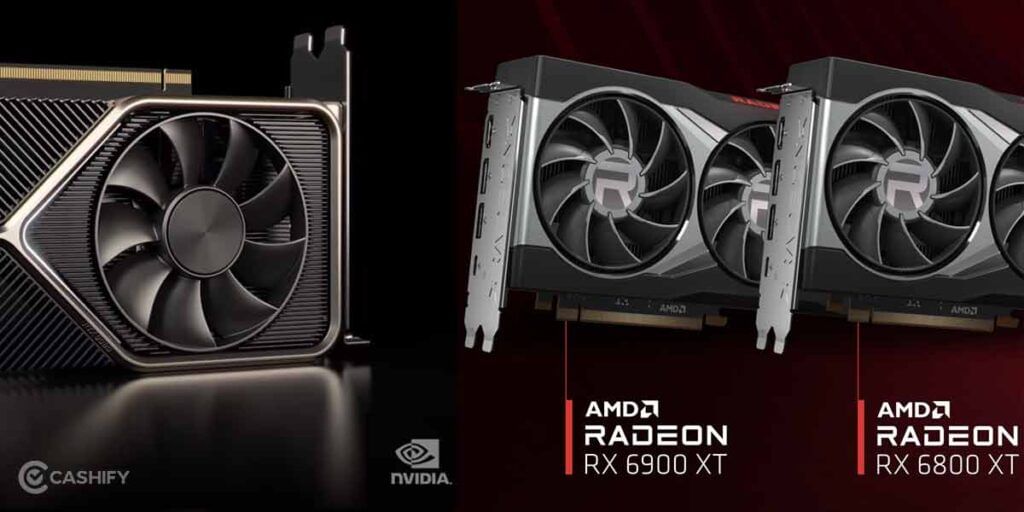
So overall in AMD vs Nvidia for performance we can say that AMD graphic cards are very close with the Nvidia counterparts at each price point and the gap is shrinking very. It is important to keep in mind the price point vs performance is always relative and you can’t separate price from that. If you are comfortable you can even buy the AMD cards sold in the second-hand market and they will provide you with excellent performance at a very low price. Otherwise, with global chip shortage, the pricing of GPUs is very volatile and choose the one that you can find as close to the retail price.
Also read: How To Make Money Playing Games?
AMD vs Nvidia: Features
Ray tracing
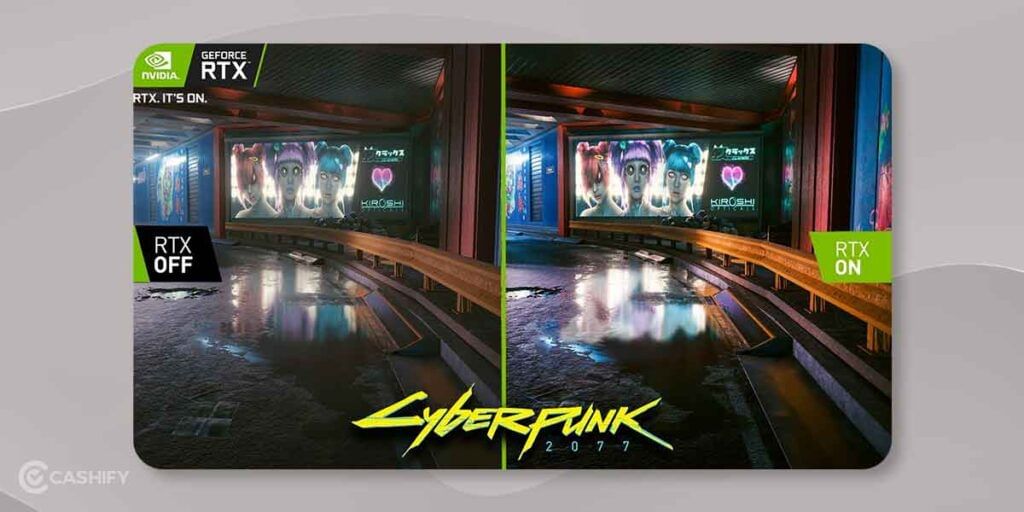
Ray Tracking is the biggest innovation we have seen in years in the gaming industry and this is the one that you should experience. If you are interested in Ray Tracing and Upscaling you have to ignore all the performance numbers and simply not look at them. Currently, Nvidia is the only option when it comes to Ray Tracing and upscaling. On the other hand, AMD offers hardware-accelerated ray tracing and its own upscaling feature but as Nvidia has already mastered the technology of Ray Tracing, AMD does not even come close to Nvidia in terms of raw performance.
When it comes to running games we tried out ray tracing games like Cyberpunk 2077 and Control and we found the same results again and again. AMD cards simply can’t handle Ray Tracing like Nvidia cards. The difference comes down to the fundamental approach by both companies in terms of GPU design.
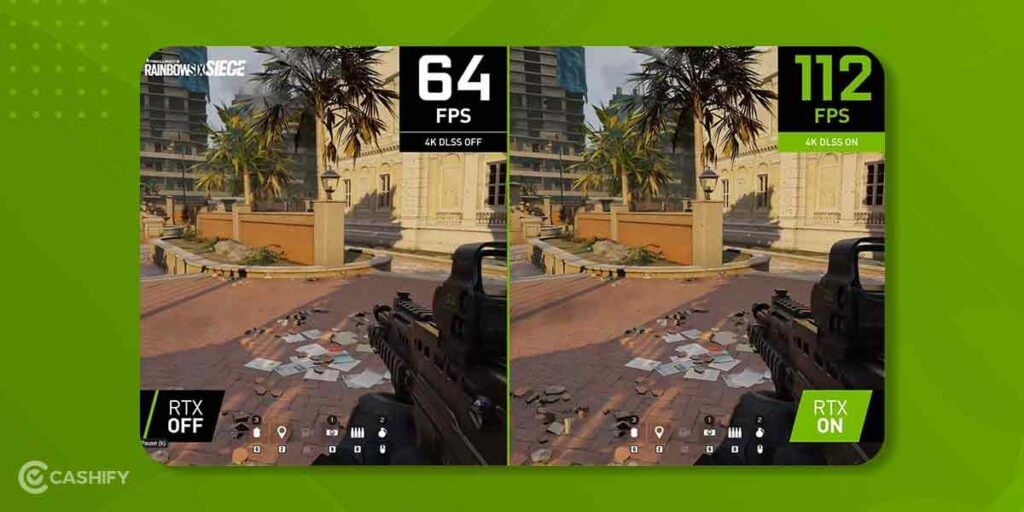
Let’s talk about how Nvidia is staying ahead in terms of Ray Tracing in the market. Nvidia RTX 30 series GPU comes with dedicated ray-tracing cores. On the other hand, AMD offers hardware-accelerated ray tracing into each of their GPU units. So AMD cards still offer accelerated ray tracing but the cores that handle Ray Tracing simply do not have enough power to provide ultimate gaming performance.
This is the big advantage that Nvidia has along with Deep Learning Super Sampling (DLSS). Ray tracing is a very demanding feature and even though Nvidia cards may perform better, you can still expect a lot of frame drops when ray tracing is turned on. So this is where DLSS comes into the picture which uses artificial intelligence to upscale games and improve the overall gaming performance.
Based on early testing of DLSS, it can provide 100% improvement in supported games. The feature takes advantage of Tensor cores on RTX 30 series and 20 series graphics cards. The Tensor cores physically run an artificial intelligence model that has been trained with multiple high-quality scans of a game so now it can reconstruct the image with shocking accuracy in real-time.
So similar to DLSS, AMD also has an upscaling feature which is called Fidelity Super Resolution (FSR). This is where AMD has an upper hand because, unlike DLSS, FSR works across all its graphic cards including AMD and Nvidia. This is because it does not use any hardware or AI to upscale the image. Instead, FSR uses an old spatial upscaling algorithm that AMD tweaked.
Overall DLSS is a better option to be turned on while you are gaming. This is better because FSR offers a larger uplift in terms of performance but compromises the image quality. Instead, DLSS provides large improvement with real-time upscaling of the image. So DLSS is a much better option out of two but sadly it is restricted to only the last two generations of Nvidia graphics cards.
Variable Rate Shading
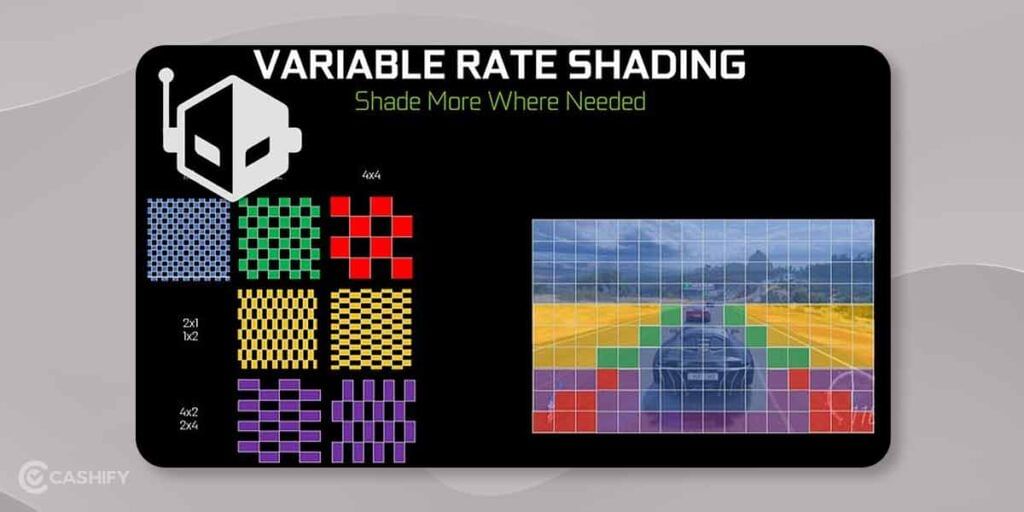
VRS is the technology that was brought first to the market by Nvidia and it is best used in VR. Now what VRS does, is it essentially calculates which frames in your field of view are going to be fully shaded or even a slightly bit rendered. This significantly reduces the burden on the existing GPU; providing a better performance along with diverting the extra energy to much more useful things.
AMD has not embedded this technology in their GPU offerings but there is a rumour that we will soon see this in their RDNA 2 line-up. AMD filed a patent for this technology back in early 2019.
Also read: 7 Best 17-inch Laptop For Gamers And Content Creators
Deep Learning Super Sampling (DLSS)
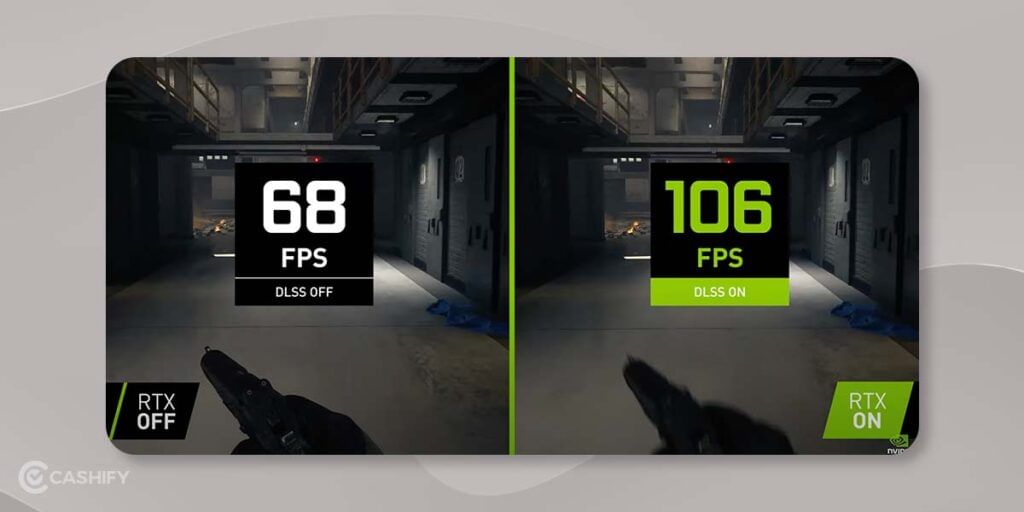
We mentioned this when we were talking about Ray Tracing. DLSS is another path-breaking piece of technology that increases the efficiency of the GPU. It can even be described ahead of how detailed its process is to provide you with the results
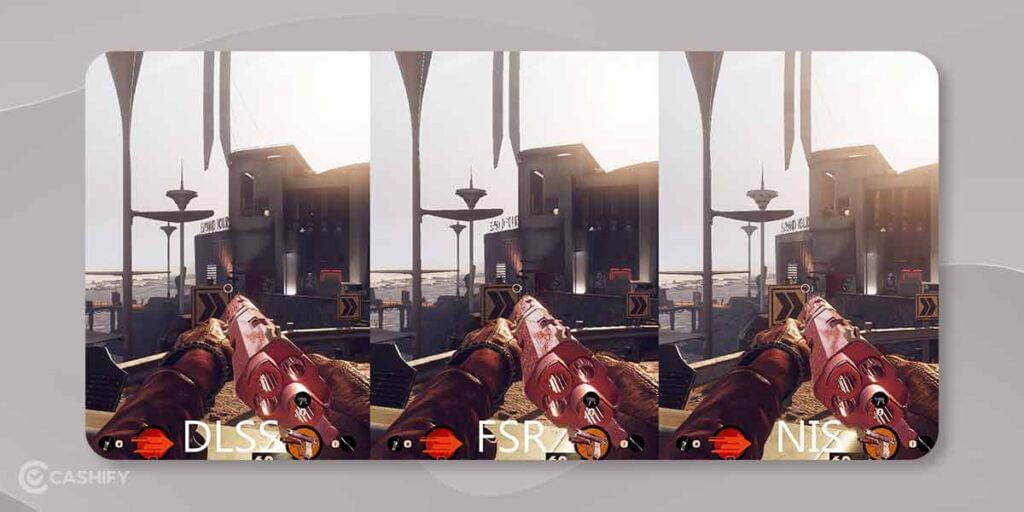
The reason why we are not seeing so many games support this feature is because of the process it requires to enable it. In order to enable DLSS support in their games game developers have to enable it when they are developing the game. Now when the player has to see the improvements Nvidia uses AI technology. And the AI analyses the entire game including the images and automatically upscale them to a higher resolution.
Initially one of the biggest drawbacks of DLSS was that Nvidia GPUs are doing most of the heavy lifting. Also, the process was not as optimized as it needed to be and that resulted in DLSS looking just like any interesting feature rather than an effective technology. But now with Nvidia’s latest Ampere architecture; we can expect this process to be streamlined and for the improvements to be seen.
AMD vs Nvidia: Drivers and software
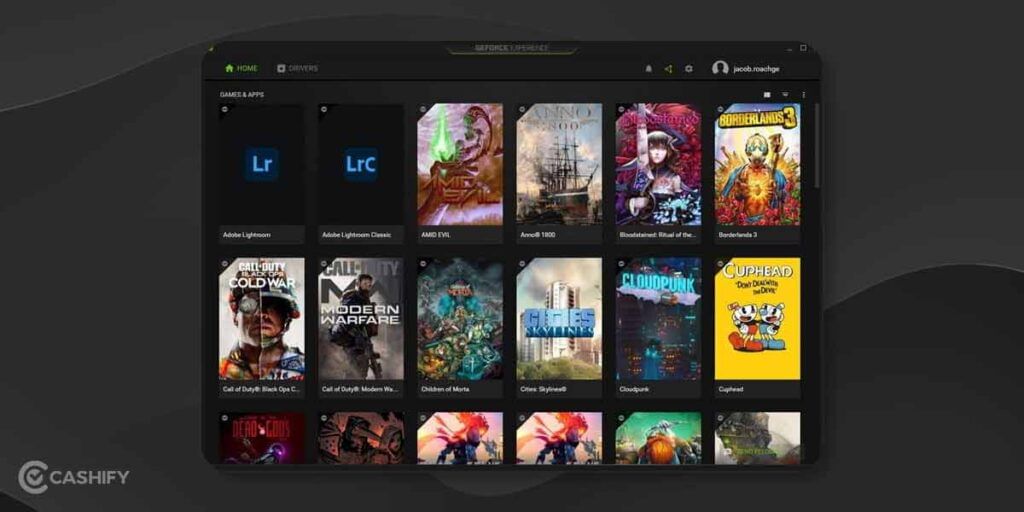
It is quite difficult to determine a winner in this category. Many of the users have previously encountered black screen issues with the new AMD drivers on their RX 5000 Navi series GPU. The AMD Radeon Adrenalin 2020 drivers bring all the updates under one umbrella with the aim to simplify things. But AMD tends to skip Windows Hardware Quality Labs (WHQL) testing which means they can provide driver updates faster but potentially more bugs can slip through. Although AMD provides at least one new driver update per month or more if there are major game launches.
Now when it comes to Nvidia it also follows a similar schedule and most of its graphic card updates are WHQL certified. Another difference with Nvidia is it has two separate user interfaces. The Nvidia Control Panel handles things like graphics settings and resolutions while the GeForce Experience handles game optimizations, extra features, and driver updates.
Also read: 5 Most Expensive Laptops to Buy in India
AMD vs Nvidia: Price and Availability
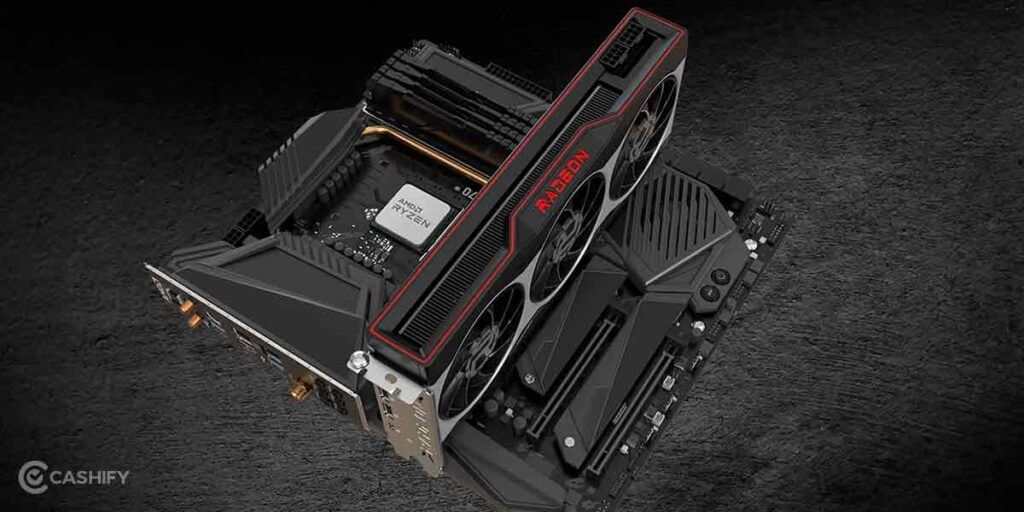
This is currently the worst time ever to make any GPU purchases. There is a lot of shortage for components and due to that prices are through the roof for GPUs of both Nvidia and AMD. You’ll need to exercise a lot of patience and just keep trying on multiple different platforms to get your hands on the GPU you want.
So let’s talk about the cards that are available and their pricing. On top is the GeForce RTX 3090 which costs a whopping Rs. 2,78,240 which is really high if you want to buy it separately. Meanwhile, the RTX 3080 sells at a price tag of Rs. 2,14,054. Even if you get lucky enough and find a card even in used condition you can expect its price well above Rs. 1 lakh.
The reason for such a price is also the mining of cryptocurrency. There is a very strong correlation between online prices and the mining of cryptocurrency. This is because most of the cryptocurrencies are mined using cards like RTX 3070, RTX 3080 and RTX 3090 and therefore their prices are so high.
On the other hand pricing for AMD cards is not much better but the good news is that compared to Nvidia they are a little bit better. The price for RX 6800 XT starts at around Rs. 1,81,500 while the RX 6800 XT is sold around Rs. 1,48,990.
So if you want to buy a GPU for gaming we suggest you start with budget offerings such as the GTX 1660 from Nvidia which costs around Rs. 49,990. The same goes for AMD as its previous-gen RX 5500 XT and RX 5600 XT are sold at much lower price tags compared to their higher-end siblings.
AMD vs Nvidia: Which one to pick?
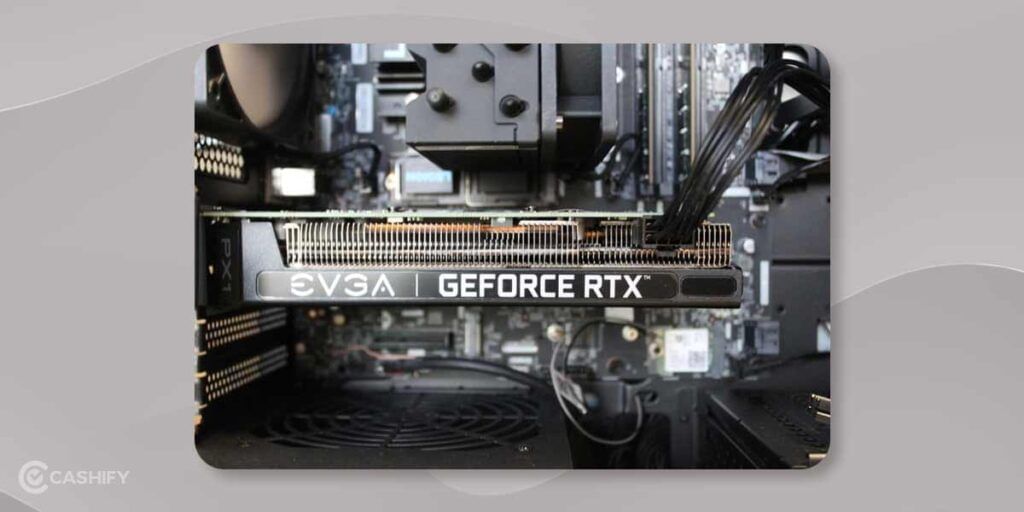
So in the battle of AMD vs Nvidia, both the manufacturers are heroes in some parts while losers in others but Nvidia still holds a leading position in terms of technology, features, and overall gaming performance (with DLSS). But what poses a major problem for AMD is the supply of its high-end GPUs. It is way harder to get your hands on one which is not the case with Nvidia. But if you still want to buy one the easiest way to do so is to buy a console either the PlayStation 5 or Xbox Series X.
But there are still a lot of new GPUs scheduled to be released by both companies. We expect to see RTX 3050 Ti from Nvidia as well as RX 6700 from AMD both coming soon. Also, history is any evidence these GPUs will also vanish as soon as they are available. But perhaps we proceed more towards 2022 the conditions might change soon for the better.
Also Read: How To Install Multiple Graphics Cards On Your Desktop Computer?





